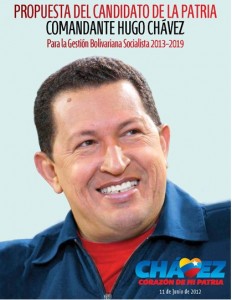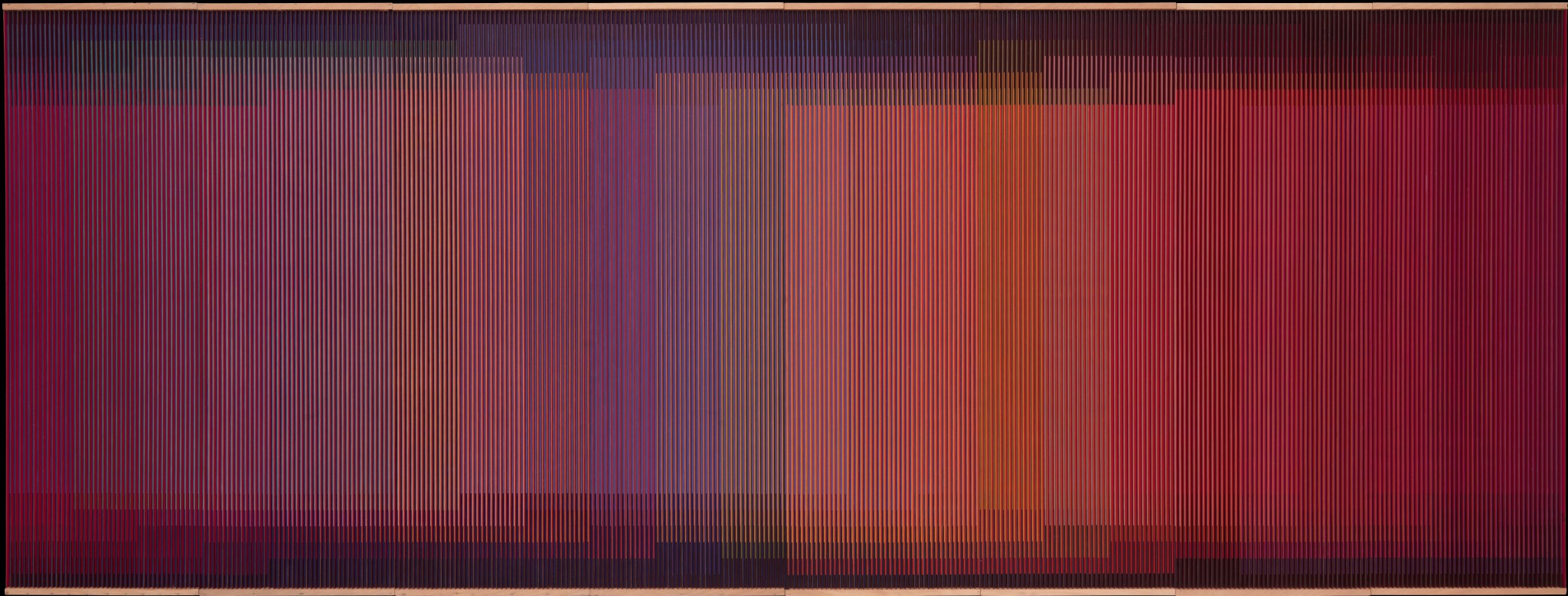Viernes, 24 de agosto de 2012
 Javier Corrales se leyó la propuesta (pdf) del “candidato de la patria” (Chávez, claro) y dos aspectos le parecieron particularmente preocupantes: la creciente militarización del Estado y los planes de demolición de la estructura descentralizada de autoridades locales y regionales ahora elegidas democráticamente.
Javier Corrales se leyó la propuesta (pdf) del “candidato de la patria” (Chávez, claro) y dos aspectos le parecieron particularmente preocupantes: la creciente militarización del Estado y los planes de demolición de la estructura descentralizada de autoridades locales y regionales ahora elegidas democráticamente.
Sobre lo primero Corrales observa:
The military is explicitly mentioned in at least 23 paragraphs. The military is called upon not only to safeguard the borders, but also to be present in “all the structures of the Venezuelan state” (emphasis added). Chávez wants not only to increase military spending (already one of the largest in the Americas), but also to “fortify and increase” the military’s intelligence and counterintelligence services.
In fact, the document is emphatic about strengthening intelligence. Chávez calls for the actual “massification” of efforts to “search for information that is useful to protect the country.” This can only mean one thing: turn ordinary citizens into informants for state security. Chávez also wants to increase the number of “patriots” joining the Bolivarian militia—a paramilitary force directly under Chávez’ command (rather than under the command of official generals). All of this is needed to produce a “point of no return” in the effort to “pulverize completely the bourgeois state.”
Se que esto hay que tomárselo con mucho seriedad, pero cuando leo esto lo primero que me pienso es si el gobierno tiene la capacidad organizativa para alcanzar estos objetivos. Así no la tengan, sin embargo, la posibilidad de que sólo logren parte de lo que se proponen es preocupante.
Sobre la descentralización Corrales escribe:
Chávez wants to do away with federalism. In its place, he wants to create 39,000 communal councils. This is an idea that Chávez has been toying with since 2006. It was part of his 2007 proposal to reform the constitution, but the electorate rejected it. Chávez is trying again. In fact, Chávez wants to see “68 percent of Venezuela’s population” live under the Communal Council systems by 2019.
Nothing is said about how these councils will be selected. There is no mention of democracy or elections in the more than 30 paragraphs dedicated to this topic. All that we are told is that these councils will be given the “administrative competencies” currently assigned to governors, mayors and municipal bodies. They will have “all control” over policy implementation.
Furthermore, the government plans to create a body of 4,500 “inspectors,” trained “socio-politically” (not just technically) to oversee these councils. To help these councils do their job, the government will also create 250 “Salas de Batalla Social.” The Proposal also calls for the creation of 43,029 “Prevention Committees” (or 6,174 yearly for the next six years), and all this organizational apparatus will be supervised by 3,000 government-appointed “Socialist Communes.” Strangely (and perhaps tellingly) the platform provides no details about the territorial distribution, selection methods or budget authorities of any of these parallel state entities.
En el corto plazo esto me preocupa más. Si Chávez gana, tendría más espacio para desmontar totalmente la estructura de alcaldes y gobernadores. Simplemente tiene que seguir esquilmando sus presupuestos hasta que no quede nada.
Otra razón para votar por Capriles el 7 de octubre.
Share
